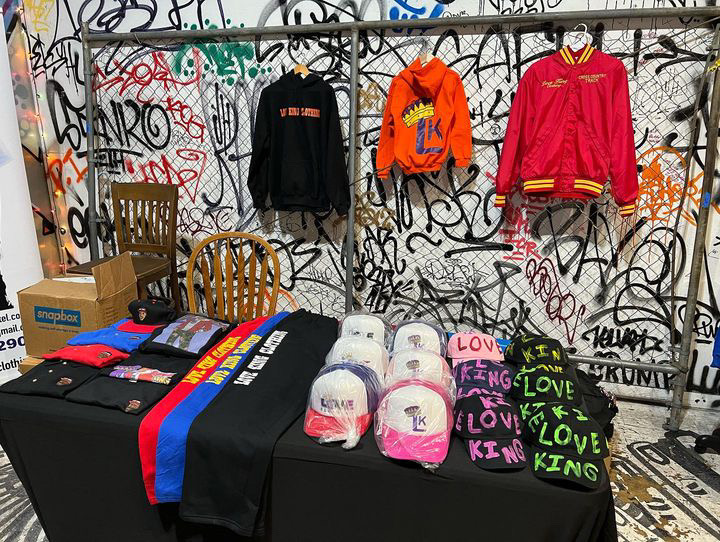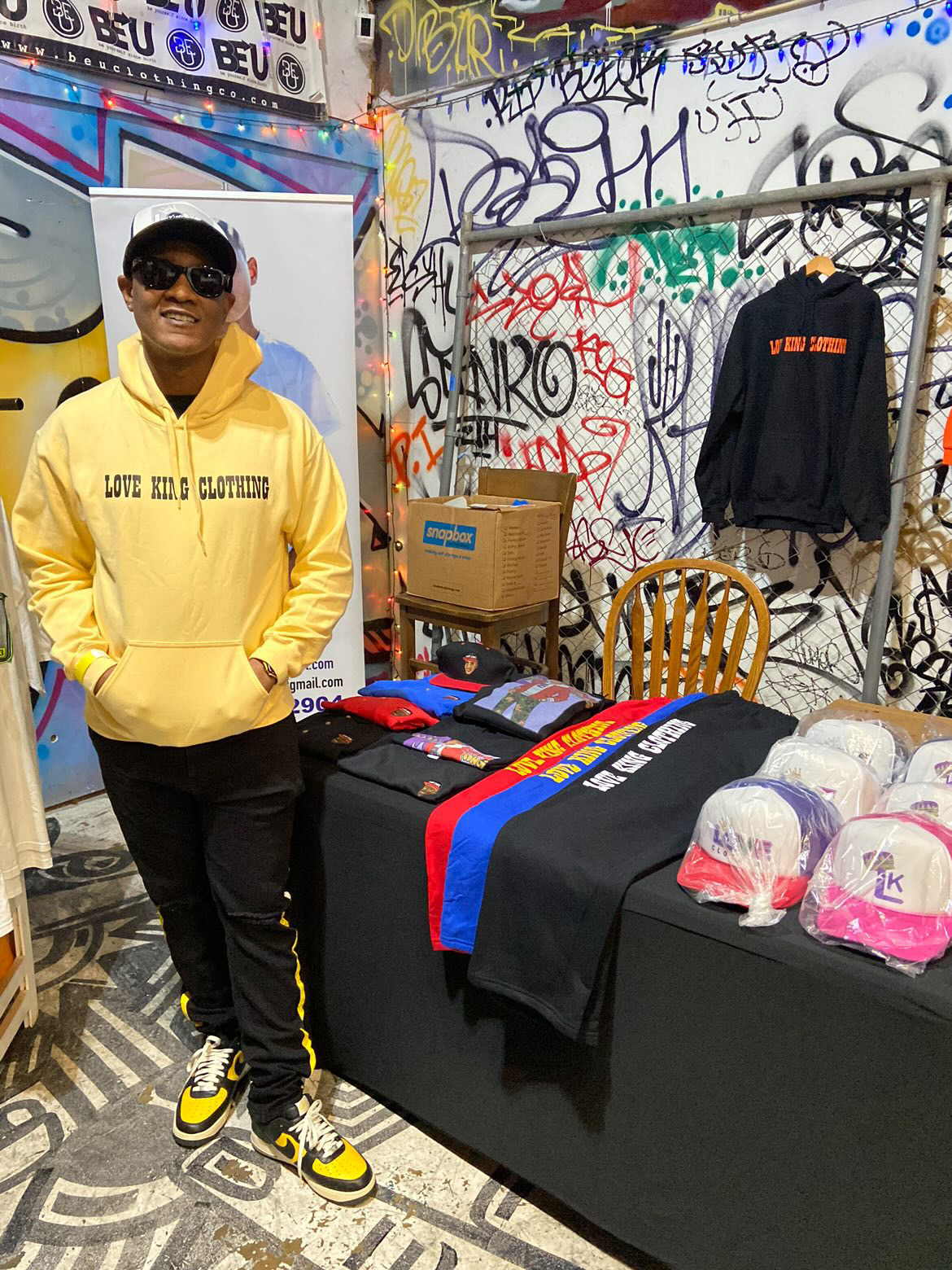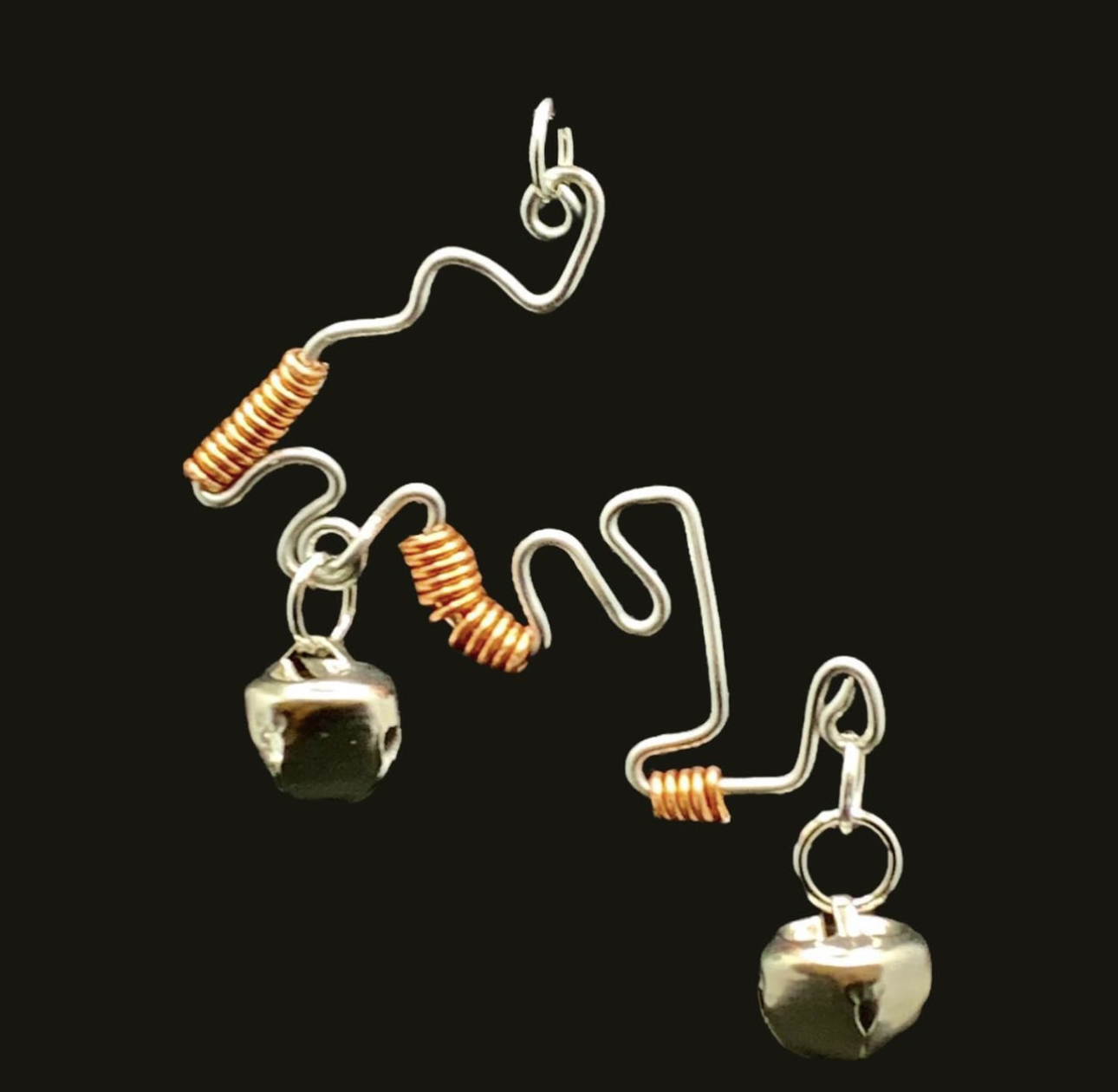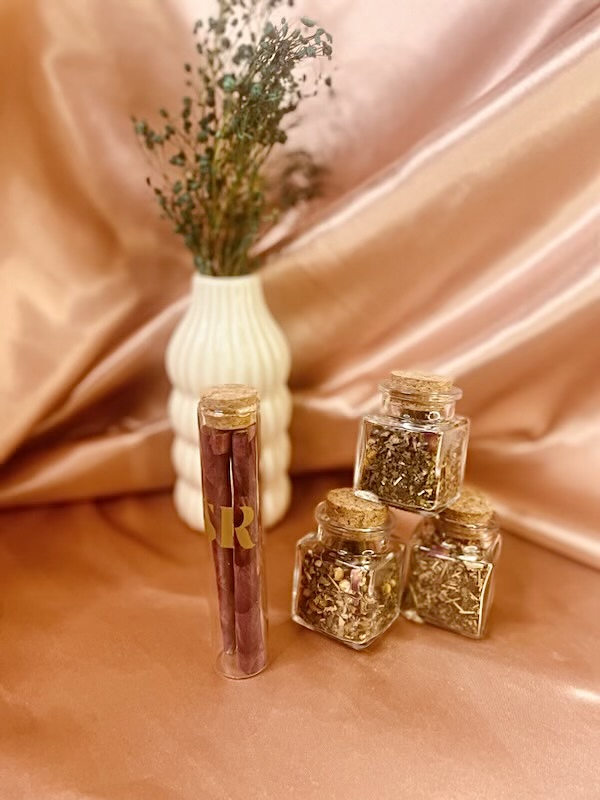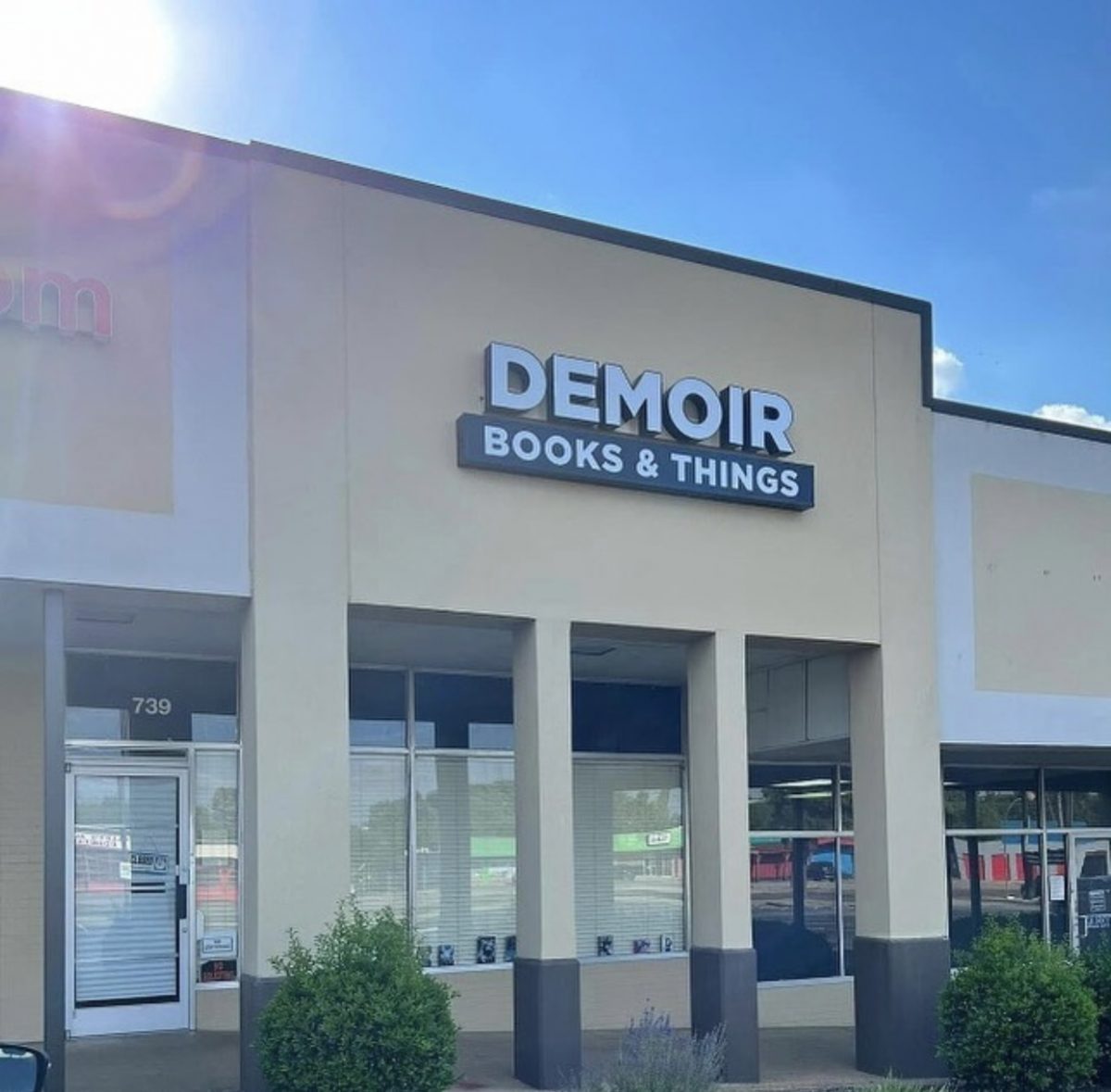A new report released by Heartland Forward says that 12,571 Black residents in the city of Memphis earn their income through self-employment.
“Focusing on Shelby County alone, there are 10,613 Black business owners, 3,174 of which own an incorporated business,” the report said.
However, the city also has a disproportionate number of Black businesses without employees.
This makes Memphis “one of the densest concentrations of Black business ownership in the United States.”
The report titled, “Black Business Opportunity Strategy: The Journey of Black Business Owners in Memphis,” examines data to “provide key insights regarding Black business ownership.”
“The report examines the unique data and characteristics of the Memphis entrepreneurship ecosystem with the goal of identifying the key areas to focus on for developing programming and policies supporting and growing Black businesses across the country,” said the company in a statement.
Memphis was chosen as the city to focus on, not only because of the number of Black residents but also because the company felt that the city can “no longer afford to material invest in strategies that do not address the core issues facing Black businesses.”
Heartland Forward states that business ownership can be a positive tool for generational wealth. However, they also explain that the path to entrepreneurship is “complex and nonlinear.” There are also systemic inequities that can make this journey harder for Black business owners, compared to their white counterparts.
“For underrepresented populations, entrepreneurship is exponentially hard,” the report says. “While white entrepreneurs have numerous examples of successful business owners from their community, access to startup capital via friends, family, and personal savings …underrepresented populations do not have comparable access to these resources.”
The pandemic also brought to light the inability for Black business owners to pivot as easily as white business owners. According to research from the U.S. Small Business Administration Office of Advocacy, Black business owners suffered the largest loss during the pandemic.
“Black business owners still experienced a disproportionate negative impact on business earnings of 12 to 14 percent higher relative to White business owners,” said the study.
Heartland Forward said that this was likely due to systemic inequities such as access to innovative tools, as well as internet and digital literacy.
The report also explains that a major issue for Black business owners is “a lack of understanding the innovation process and having little exposure to alternate business models.”
While the report goes on to list a number of issues that contribute to the struggles the Black business owners face, it also contains solutions dealing with technical assistance, material resources, and increasing the percent of contracts awarded to minority-owned businesses.
It also heavily emphasizes the importance of support and promotion in the success of Black-owned businesses.
“Promotion of contemporary and successful Black business owners is critical for the next generation to visualize what their businesses could become,” the report says. “Memphis needs to both promote and celebrate their Black business owners. This also provides exposure to opportunity entrepreneurship and cultivates ideas for business growth and development among necessity entrepreneurs.”

